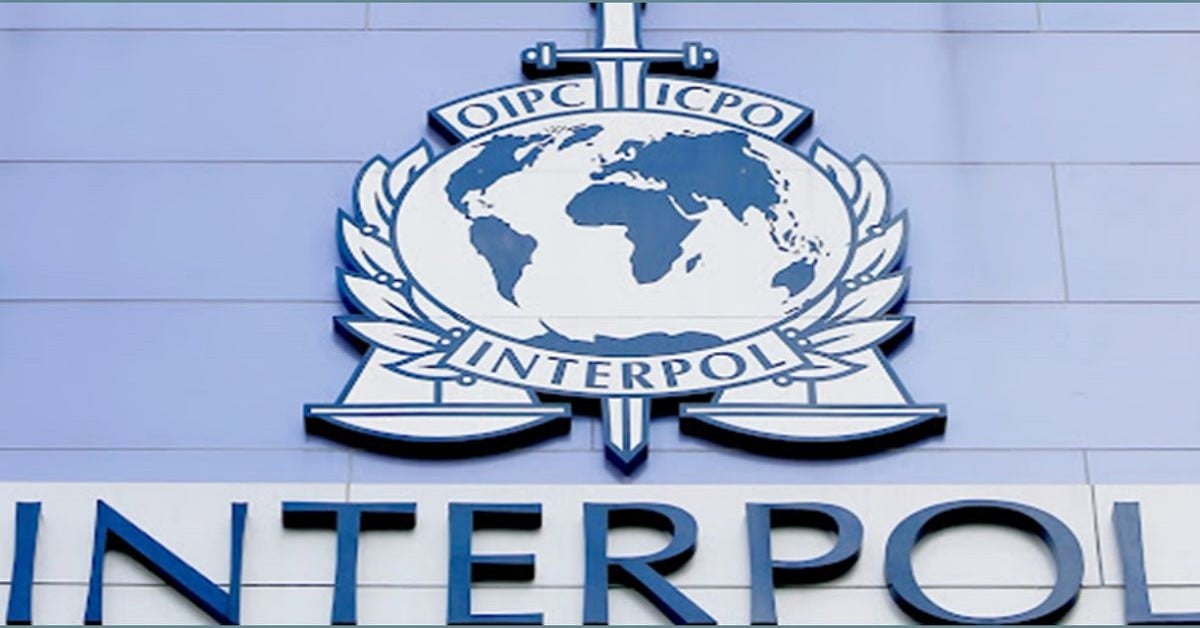
Interpol’s Role in Financial Operations Control
As global economies become increasingly interconnected, the need for robust systems to combat financial crime has gained unprecedented urgency. Interpol, as a leading international organization, has stepped up its efforts to enhance financial operations control across borders. Through its initiatives aimed at Interpol financial operations control global anti-fraud enforcement, Interpol has created a framework for cooperation among member countries to effectively tackle issues such as money laundering, fraud, and the financing of terrorism.
The Importance of Financial Operations Control
Financial operations control is crucial in maintaining the integrity of financial systems worldwide. With the rise of digital banking and cryptocurrency, the potential for illicit activities also increases. Criminal organizations exploit gaps in financial regulations, yielding significant financial losses globally. Interpol’s involvement in this sphere is essential to create a more transparent and accountable financial environment.
Interpol’s Structure and Approach
Interpol operates as a network of police organizations from different countries. It facilitates communication and coordination between law enforcement agencies to enforce laws more effectively. The Financial Crimes Unit (FCU) within Interpol plays a pivotal role in this endeavor. The FCU is dedicated to identifying, tracking, and prosecuting financial crimes through collaborative international efforts.
Strategies for Combating Financial Crime
Interpol employs various strategies to combat financial crime, which include:
- Intelligence Sharing: Interpol provides a secure platform for member countries to share information regarding suspicious financial activities, helping to identify trends and patterns in financial crimes.
- Operational Support: Through specially trained personnel, Interpol offers operational support during investigations, including the analysis of financial data and surveillance.
- Capacity Building: Interpol conducts workshops and training programs for law enforcement personnel, enhancing their skills and understanding of financial crimes and the latest investigative techniques.
- Tool Development: The organization works on developing technological tools that can assist in tracking financial flows and enhancing investigative procedures.
Case Studies and Success Stories

Interpol’s strategies have led to several significant achievements in combating financial crimes. For instance, its collaboration with member countries has resulted in the dismantling of numerous money laundering networks that operated transnationally. These operations not only led to the arrest of key figures but also resulted in the recovery of millions of dollars in illicit assets.
In another notable example, through its Disaster Victim Identification (DVI) efforts, Interpol was able to detect a fraudulent scheme involving fake insurance claims for lost property in various crisis situations. This was accomplished by analyzing reports from multiple countries to unveil the underlying criminal syndicate.
Challenges in Financial Operations Control
Despite the progress made, Interpol faces numerous challenges in its fight against financial crime. One of the biggest hurdles is the rapid evolution of financial technologies, which often outpace regulatory frameworks. Additionally, differences in legal standards and procedures between countries can complicate international investigations.
Furthermore, not all member countries may prioritize financial crime as an essential area of enforcement, leading to inconsistencies in the implementation of policies and cooperation. This scattered focus can undermine global efforts and hinder the effectiveness of Interpol’s strategies.
The Future of Interpol’s Financial Operations Control
Looking ahead, Interpol is focusing on enhancing its technological capabilities to keep pace with evolving financial crimes. Investments in artificial intelligence and data analytics are key components of this future strategy. By leveraging data science, Interpol aims to improve its predictive capabilities and target operations more effectively.
Moreover, fostering stronger partnerships with private sectors, financial institutions, and technology companies will be vital. Such collaborations can lead to innovative solutions for tracking and controlling financial operations, making it more difficult for criminals to exploit vulnerabilities.
Conclusion
Interpol’s commitment to enhancing financial operations control is crucial for safeguarding the global financial system against crime and fraud. Through international cooperation, intelligence sharing, and continuous adaptation to new challenges, Interpol plays a pivotal role in the fight against financial crime. As financial landscapes evolve, so too must the strategies employed by Interpol and its partners, ensuring a robust and effective response to threats that could destabilize economies and undermine public trust in financial institutions.
